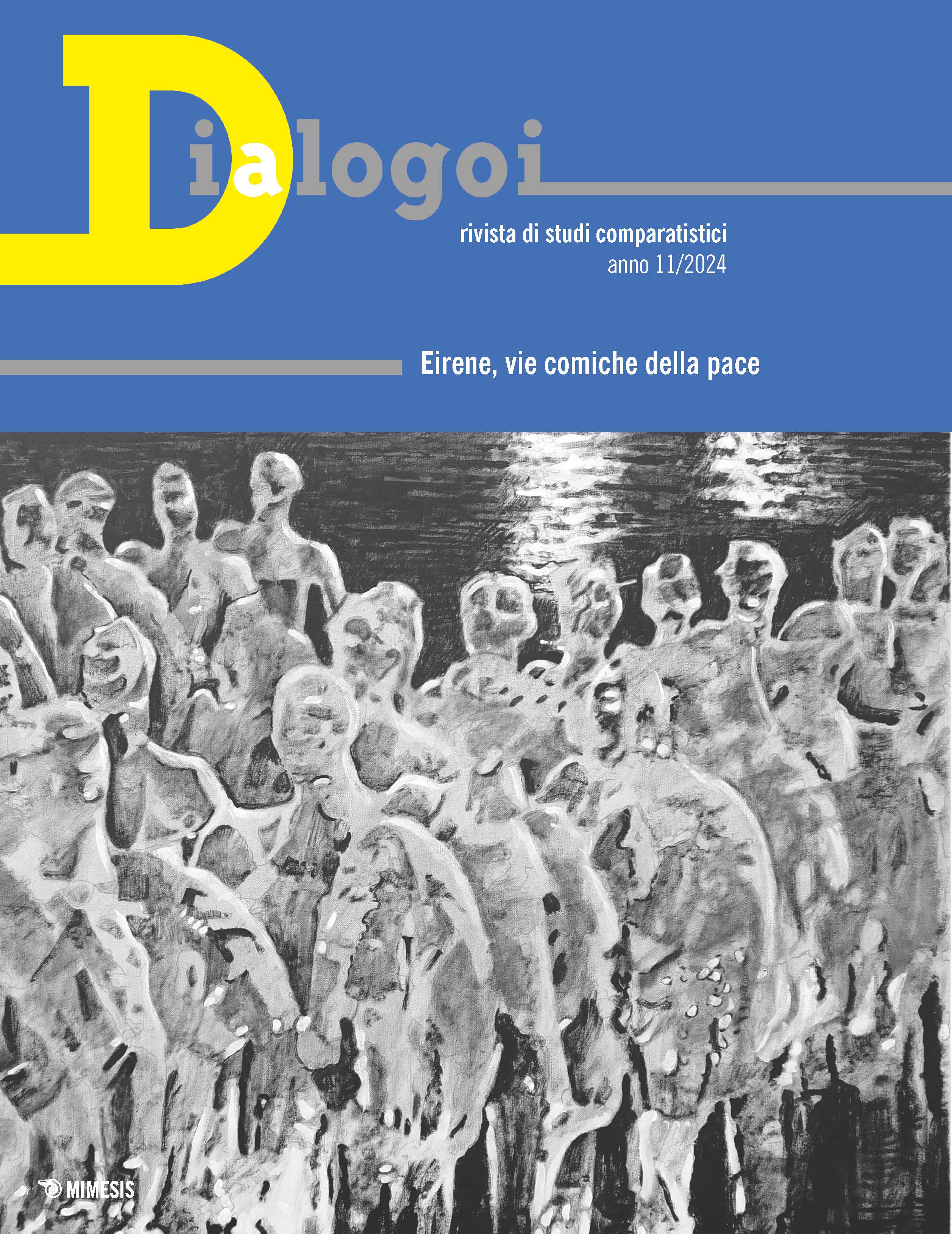Abstract
The article examines the depiction of war and lust in William Shakespeare’s Troilus and Cressida, comparing its interpretations with those found in the works of Homer, Boccaccio, and Chaucer. Shakespeare not only demystifies the traditional values associated with war but also explores the ambivalent relationship between war and eros, both seen as destructive and deeply intertwined forces. The Trojan War is portrayed as an arena of vanity, betrayal, and moral degradation, culminating in Hector’s death, symbolizing the end of an epic value system. The article highlights Shakespearean irony, the deconstruction of heroic glory, and humanity’s role in confronting violence and deceit.

